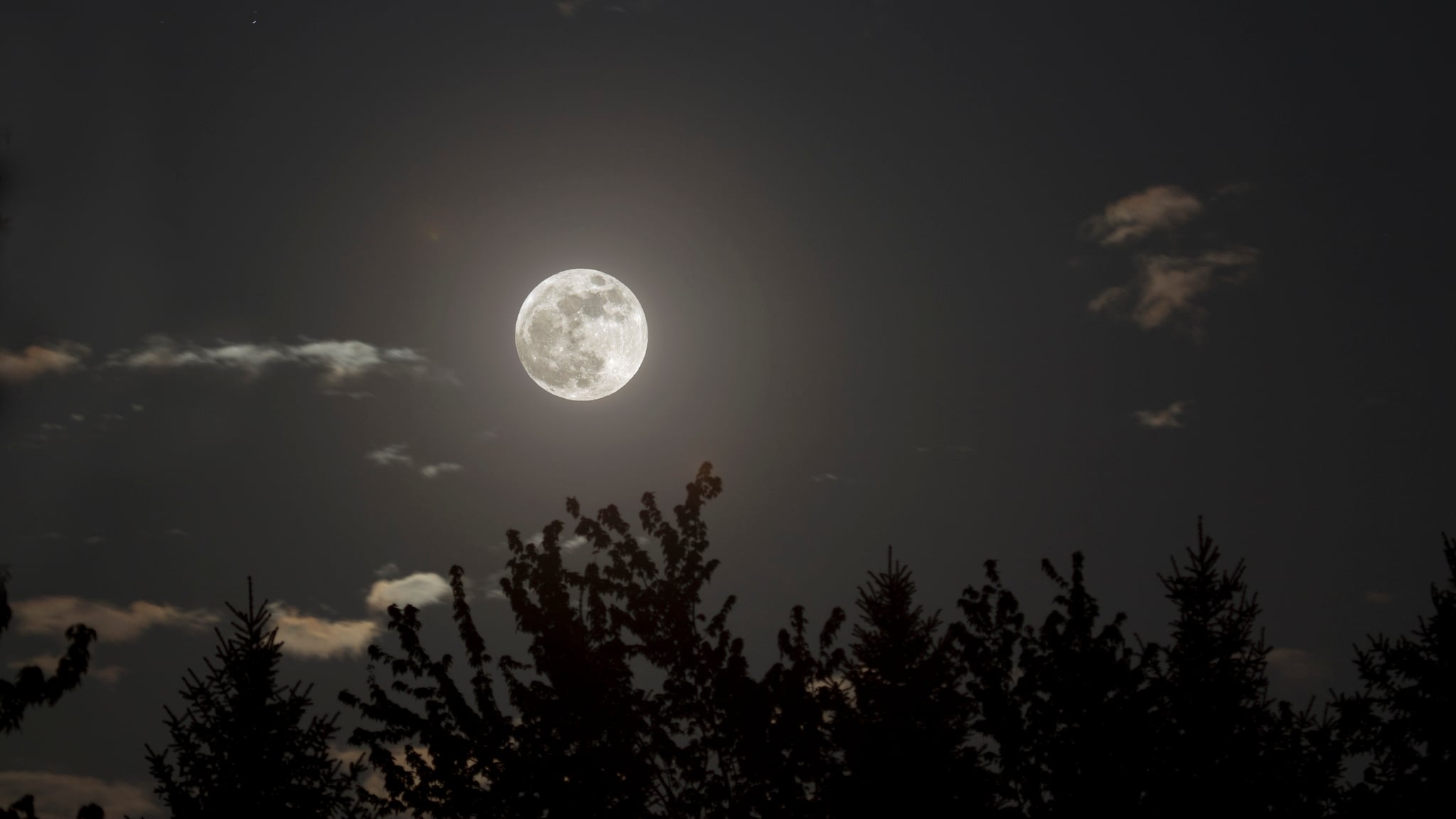Why is it the year starts on Jan. 1 instead of on the solstice of Dec. 21 or the equinox of March 21? —Erica S.
Start looking into the history of the early calendar and pretty soon our modern one seems like a miracle of organization just for managing to have the same number of Christmases every year.
The main problem is that, when calendars were first invented, it was more important that their months lined up with the phases of the moon than it was to have their years line up with solstices. After all, it takes a learned astronomer to predict the solstice, but any a-hole can tell when the moon is full.
Obviously, letting your calendar run with the moon is going to bring it out of sync with the march of the seasons pretty quickly. The solution to this problem was "intercalation," which basically meant throwing some extra days into the calendar whenever it seemed out of whack, like banging on the side of an old TV to improve the picture.
Once you've established a precedent of farting around with the calendar whenever you get bored, you open the door to all sorts of high jinks. Pretty soon, the whole thing is a mess.
It's thought that, for a time, the Romans used a calendar with 10 months of 30 or 31 days each. (As Latin-inclined calendar-watchers have long surmised, September was the seventh month, October the eighth, etc.) The 60 or so days left over? Fuck 'em—they were just "winter," they didn't get to be part of the year. (Those familiar with January and February in Portland may sympathize with this view.)
In 46 B.C., then-consul Julius Caesar convened the ancient equivalent of a blue-ribbon commission to stop the calendar's incessant drifting around the solar year. It eventually came up with a 12-month, 365-day calendar that looks a lot like the one we use now.
But even then, I'm afraid those graybeards made no particular effort to align the calendar with any major, Stonehenge-type events. You could try using the Iranian calendar—it begins on the spring equinox every year—but don't blame me if you miss your hair appointment.

